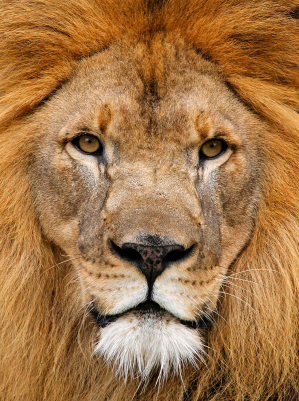
Nobility is the wise and just use of power. Nobility is the aspiration to manifest glory for the benefit of others. Nobility is using whatever abilities we have in service of others. Nobility is seeking to fulfill our in-born human potential, and to develop all our in-born human qualities.
This page is unfinished. It may be a mere placeholder in the book outline. Or, the text below (if any) may be a summary, or a discussion of what the page will say, or a partial or rough draft.
I have written much more about nobility, over on Substack, since these early drafts.
Self-confidence is not a feeling of superiority, but of independence.
—Lama Yeshe
Because there is no cosmic plan, questions of ultimate value are meaningless. Because there is no cosmic plan, our futures are never certain.
This opens the possibility of freedom. Our destiny is always ambiguous. Of course, we cannot simply choose our futures. The future unfolds as an improvised dance: the interplay of our actions and our circumstances.
Realizing this can be frightening. We can no longer rely on a benevolent, omniscient, external force to make sense of life for us. We need to rely more on our own experience. But we can also trust everyday reality to gradually reveal meaning.
When we abandon our hope of a pre-packaged life-meaning, another possibility appears. We might call this “nobility” or “heroism.” Neither is a perfect word, but they point in the right direction.
Not blocking out richness and not holding onto poverty, which lets us be an enriching presence for the rest of the world.
—Chogyam Trungpa Rinpoche
Nobility is the aspiration to manifest glory for the benefit of others. Nobility is using whatever abilities we have in service of others. Nobility is seeking to fulfill our in-born human potential, and to develop all our in-born human qualities.
Because nobility is an intention, it is possible for everyone. Specialness tries to be better than ordinariness. It would only be possible to be special if most people were ordinary. Claims of specialness are based on uncommon qualities. It would not be possible for everyone to be special.
Everyone could be noble—and at times all of us are noble. It is not an accomplishment; it is a stance. But nobility is not easy. It is not easy to hold the intention continuously. It is not easy to abandon our laziness. It is not easy to let go of hope that one day we will discover our “true life-mission,” given by the cosmic plan. To be noble is not special—but it is extraordinary.
Specialness demands constant confirmation. That is because no one really can be special, and no one is special. The illusion of specialness is in constant danger of collapse. Nobility takes itself for granted, and needs no confirmation. When we have that intention, we have no doubt of it. Specialness aims at a brilliant destiny; nobility is always already complete.
Mere goodness is not nobility. Often we use goodness as a way of trying to be ordinary or special. Being “morally correct” in an ordinary, unimaginative, conformist way may be an excuse for avoiding the scary possibility of extraordinary goodness, or greatness. Doing good in a showy way can be a strategy for convincing ourselves, or others, that we are special. Celebrity charity work often seems to be that. Of course this is better than many other ways of trying to be special, but it somewhat misses the point. Specialness serves in order to rise, whereas nobility rises in order to serve.
In Buddhism, nobility—or heroism—is a key aspect of enlightenment. Mahayana Buddhism often describes its ideal, the bodhisattva, in terms of “the noble virtues.” The Tibetan translation of “bodhisattva” is chang chub sem pa, which means “enlightened hero.” Vajrayana Buddhism relies on yidams who are often shown dressed in the style of the Indian royalty. The ideal of Vajrayana Buddhism is the pawo or pamo—the hero or heroine.
The idea of being “noble” may sound remote or ridiculous. However, it is actually possible—whereas it is not possible to be either ordinary or special. Nobility is actually available to all of us in every moment, simply by choosing it. It is frightening; but to me it seems infinitely worthwhile.
Another draft version
Tantric texts often describe the ideal as “nobility” or “heroism.” That, to me, is a worthy objective.
Nobility is about this life, in this world. It is concrete, conceivable, believable, and obviously valuable. Many stories about Enlightenment seem to me to be none of those. Nobility is a destination that needs no metaphysical speculation.
Nobility is a way of being. It’s something that can be seen from the outside. “Enlightenment” is often imagined to be a purely inner quality of mind. I don’t care so much about that.
As a way of being, nobility has both inner and outer aspects, which are actually not separate. Unlike some conceptions of enlightenment, it is definitely not an experience. “Enlightenment experiences” seem over-rated to me. They can only be of value if they result in a lasting change in your way of being. Nobility inherently includes action. As far as I’m concerned, action is where the action is. If you want an experience, you can take drugs; they’re a lot less work.
Nobility, or heroism, contrasts with mainstream Buddhist ideals of saintliness, holiness, detachment, and purity. A hero is nothing like a saint. For one thing, a hero is useful, and a saint isn’t. Who you gonna call?
